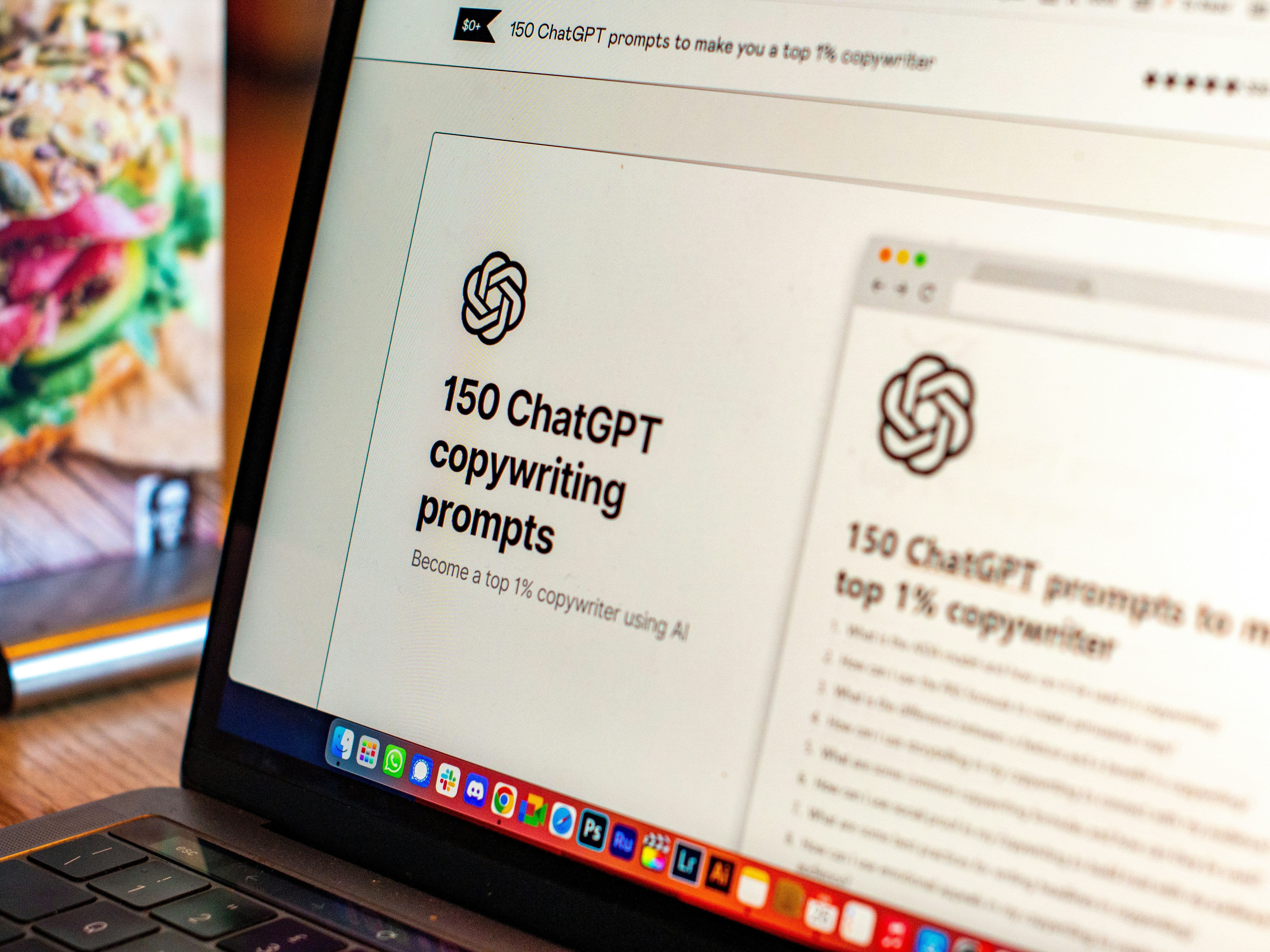Top AI Tools for Writers: Boost Creativity and Productivity in 2025

Introduction
In the fast-paced digital world, writing has evolved beyond just words — it’s about speed, precision, and creativity. Whether you’re a blogger, novelist, content creator, or marketer, AI writing tools can help you write smarter, faster, and better.
In this article, we’ll explore the top AI tools for writers in 2025, their features, and how they can help you streamline your writing process while enhancing your creativity.

1. ChatGPT by OpenAI
Best for: Content ideation, story generation, and editing.
ChatGPT has revolutionized how writers work. It helps brainstorm ideas, refine tone, and generate creative text in seconds. With its conversational style and adaptability, it’s perfect for everything from writing articles to crafting character dialogues.
Key features:
- Context-aware writing assistance
- Multiple tone adjustments
- Built-in grammar and style improvements
Why writers love it: ChatGPT feels like collaborating with a creative co-writer who never runs out of ideas.
2. Jasper AI
Best for: Marketing copy, blog posts, and long-form content.
Jasper is a favorite among content marketers and copywriters. It provides powerful templates for ad copy, blog intros, and storytelling. Its “Boss Mode” allows you to generate entire articles with minimal input.
Key features:
- Over 50 writing templates
- SEO optimization suggestions
- Tone and voice customization
Why it stands out: Jasper combines creativity and structure — ideal for writing professionals.
3. GrammarlyGO
Best for: Grammar correction, clarity, and rewriting.
GrammarlyGO is not just a grammar checker; it’s an AI-powered writing assistant that improves flow, tone, and engagement. It’s perfect for professional writers who want polished, error-free text.
Key features:
- AI-based sentence rewrites
- Tone detection and suggestions
- Contextual grammar improvements
Why writers love it: It makes your writing sound natural, confident, and clear.
4. Sudowrite
Best for: Fiction writers and storytellers.
Sudowrite is built for novelists and creative writers. It helps develop plots, create characters, and even describe scenes more vividly. If you’re writing a novel or screenplay, this tool is your secret weapon.
Key features:
- Character and scene generators
- Sensory and emotional writing prompts
- “Show, don’t tell” improvements
Why it stands out: It sparks creativity and helps overcome writer’s block effortlessly.
5. Writesonic
Best for: SEO-friendly articles and social media posts.
Writesonic focuses on marketing and web content, making it ideal for bloggers and entrepreneurs. It provides keyword suggestions and SEO-optimized text that ranks higher on Google.
Key features:
- Built-in SEO scoring
- AI image generation
- Multilingual writing
Why writers love it: It’s an all-in-one content creation suite for modern digital writers.
6. Copy.ai
Best for: Social media captions and ad copy.
Copy.ai is great for short-form, engaging text. It helps you create catchy product descriptions, posts, and promotional content in seconds.
Key features:
- Instant copy generation
- 90+ templates
- Idea brainstorming tools
Why it stands out: It saves time while maintaining originality and tone consistency.
Conclusion
AI writing tools have transformed how we write, edit, and publish. From improving grammar to generating full articles, these top AI tools for writers empower creators to focus on what truly matters — creativity and storytelling.
Whether you’re a professional writer or a student, embracing AI can help you write smarter, not harder.
FAQs
1. Are AI writing tools suitable for beginners?
Yes. Most AI tools are user-friendly and come with templates to help beginners start writing effortlessly.
2. Do AI tools replace human creativity?
No. AI enhances creativity by providing inspiration and structure, but the human touch remains essential.
3. Which AI tool is best for long-form content?
Jasper AI and ChatGPT are excellent choices for detailed, high-quality long-form writing.
4. Are these AI tools free to use?
Most offer free trials or limited free versions, but premium plans unlock advanced features.
5. Can AI tools help with SEO?
Yes. Tools like Jasper and Writesonic offer built-in SEO features to help your content rank higher on search engines.



